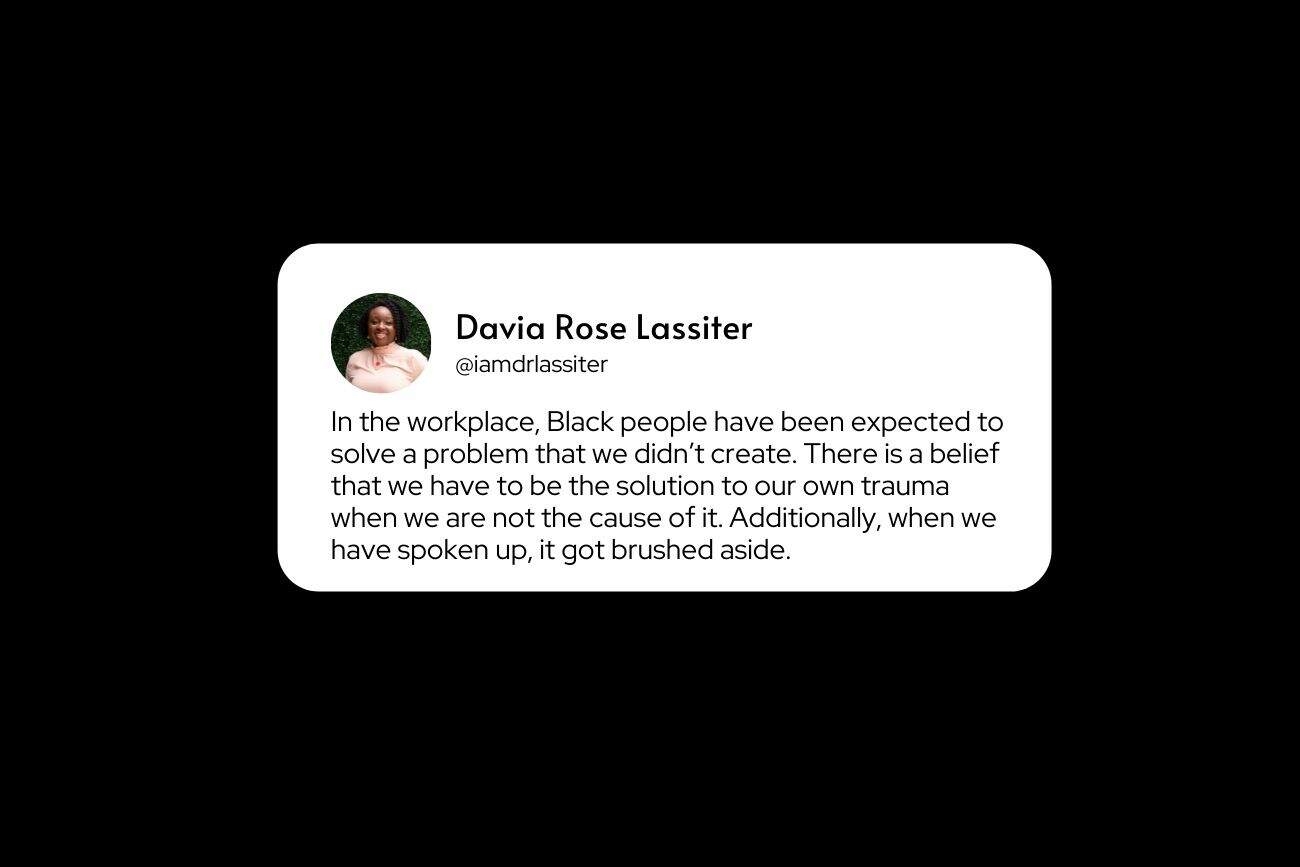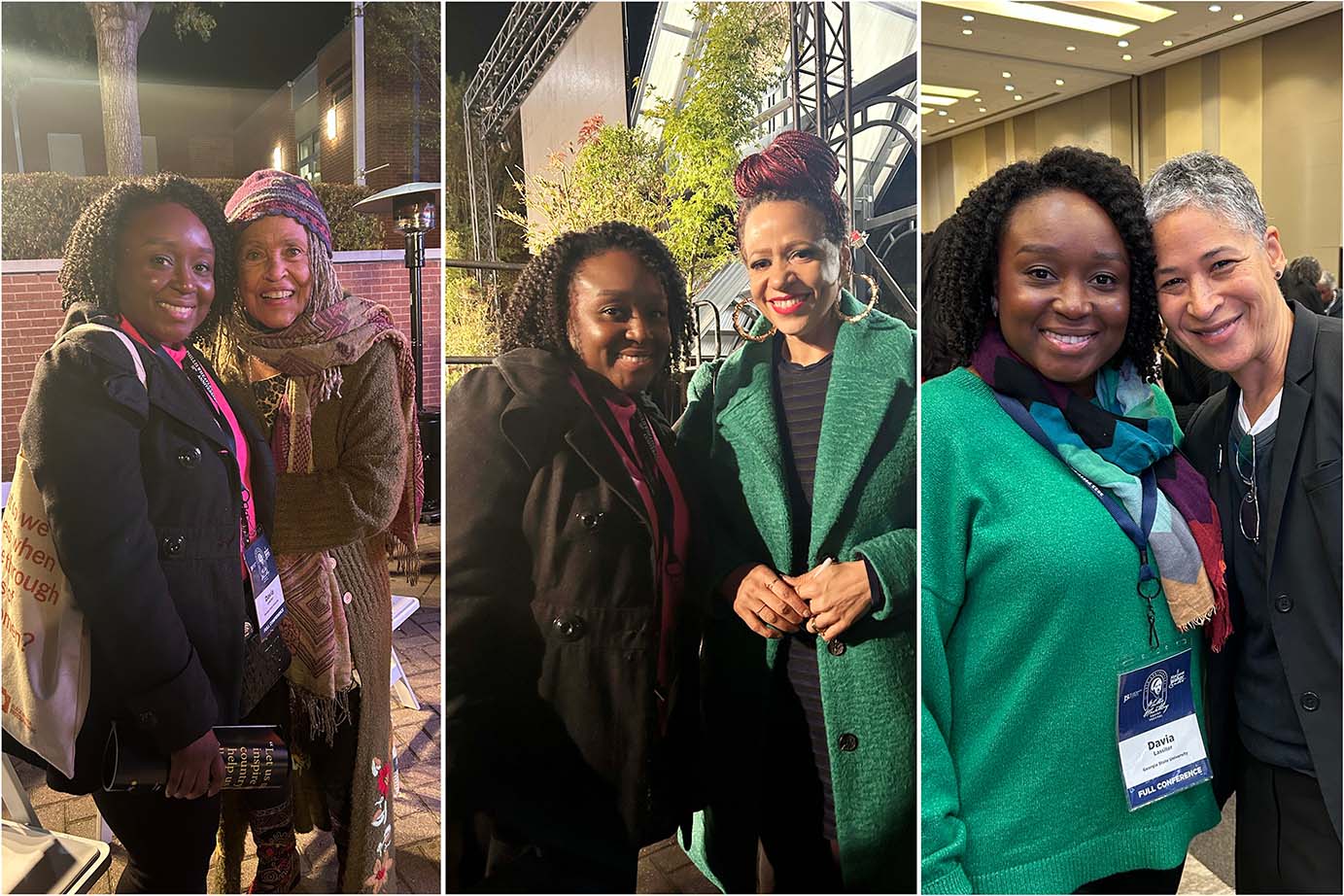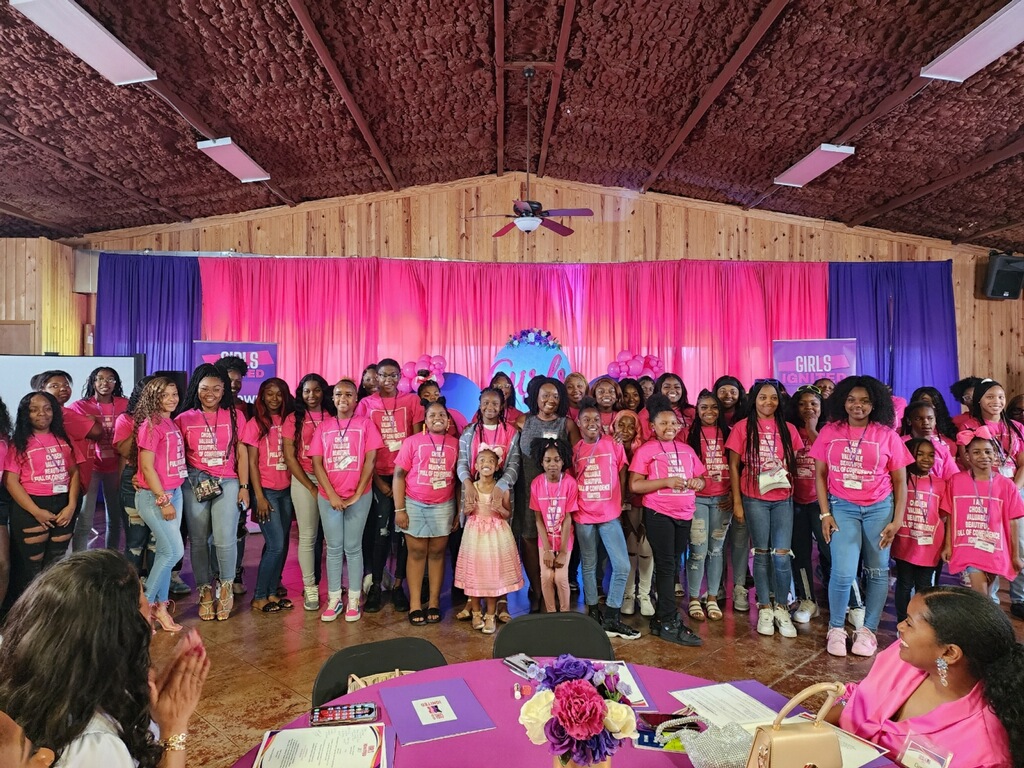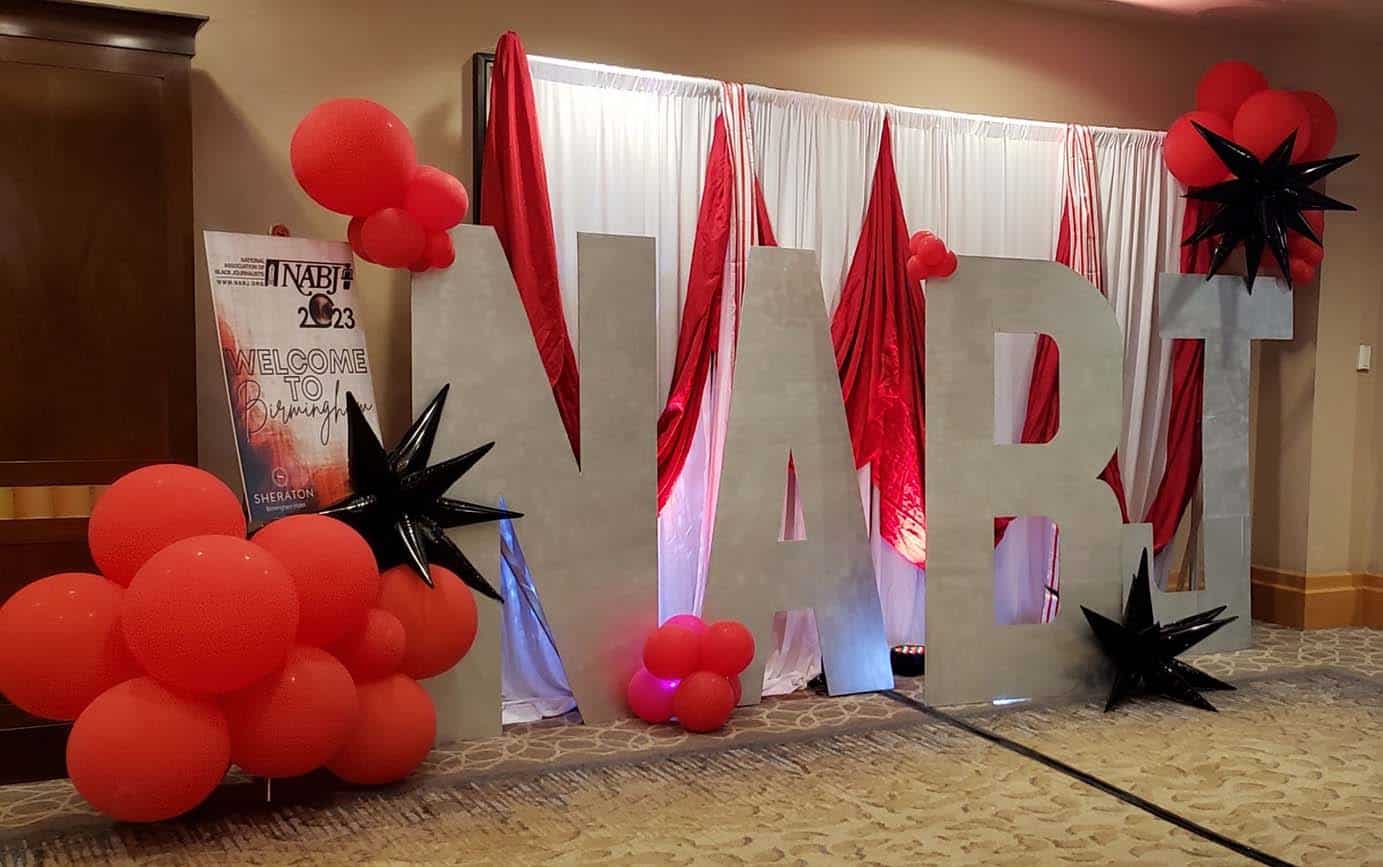I Can’t Imagine …
But then again … I’ve been here before.
Someone recently asked me about working full-time again. I said … “Absolutely not.” My next full-time job will be teaching after I complete my PhD program. It’s been almost one year since I ended 15 consecutive years of full-time work (with no breaks in between ending one position and starting another one). The freedom I have is priceless. I also no longer have to endure racial trauma from supervisors, co-workers, and direct reports.
In the News
On Sunday, an armed white supremacist entered a grocery store in Buffalo, NY, and murdered 10 people. I’ve seen several posts, like this one, which explain the persistent trauma that Black people (and others representing marginalized communities face) when they see white supremacy go unpunished.
How many Black people have been unarmed and murdered versus armed white gunmen who are taken into custody AFTER they have murdered innocent people?
It’s exhausting.
I no longer have to go into a workplace and act like everything is normal, but the pain still exists. I recall after George Floyd was murdered that I had a leadership meeting the following Monday AM. Still in shock and filled with overwhelming sadness, I fully expected executive leadership to say SOMETHING.
Crickets.
I felt like I was suffocating in disbelief. I wanted to say something, but my gut told me to wait. Maybe something would be shared later in the day.
Nothing.
The next day, I had a 1:1 with my supervisor and I always prepared my agenda. I had it as item #1.
- Why was there nothing said?
- In an organization full of Black people, did Executive Leadership even discuss what happened to George Floyd and the effects on Black employees?
- Does anybody care?
I was told that a conversation had been had. But nothing was planned.
Then came this question: “What ideas do you have?”
Here We Go Again
I had been asked this question years prior (at another job) after I spoke up about the way Black people and men were mistreated in the workplace. At this job, my co-workers were overwhelmingly white, middle-aged women. I was often the only Black person in the room and was targeted by two people in particular, both of whom I’d reported to at separate times. Their implicit bias toward Black people resulted in my name being removed from an award nomination, being overlooked for a job for which I was clearly qualified (and was already performing the work), and nearly being blocked from a promotion. And there was also this from the HR manager: “Black women just aren’t qualified to work here.”
At a strategic planning session, we were doing a SWOT analysis and I was in the “T” group – threats. Our team came up with a few items and presented them to the entire group. When asked about other threats, something came over me and I raised my hand and said that the way people of color and men were treated in the workplace was problematic.
You could have heard a pin drop. I didn’t give a damn.
After a few confused looks, I was asked to repeat it. I did. Someone wrote it down. From there, I had three separate meetings with the dean, HR, and another manager (all white women) who wanted to know more. And I didn’t hold back – and put it in writing.
Here’s the question I got from HR: “What should we do?” I threw out a few ideas about engaging with campus organizations/offices focused on DEI but what I didn’t realize at the time was it wasn’t my problem to solve. I was later placed on a “diversity committee” which was so sickeningly performative and political … more to come on that.
In the workplace, Black people have been expected to solve a problem that we didn’t create. There is a belief that we have to be the solution to our own trauma when we are not the cause of it. Additionally, when we have spoken up, it got brushed aside, like the time I told a former provost that the environment was not welcoming due to an overwhelming white majority. This person responded that the county was becoming more diverse, as if to correct me on my own experience as a Black person in a 99% white workplace.
My Answer
In 2020, I was again asked about my ideas about what could be done regarding the racial climate.
My response: “When I wake up in the morning, I am a Black woman first and foremost. I am a communications director second. So, I don’t have any ideas.” And that was that.
The next day, I received a call and was read a draft of a statement that was later emailed to every employee about diversity, inclusion, and caring for each other. Several people asked me if I wrote it. I told them about my refusal to do.
In the months that passed, several other acts of violence took place, not only affecting the Black community but also Asian Americans. No other statements were released. Silence, once again.
I took it upon myself to talk with my team about the incidents and encouraged them to take time off if they needed it. I spoke 1:1 with one of my direct reports about how it was difficult for both of us to even log on for work. We were emotionally exhausted.
The exhaustion hasn’t ended because the trauma is ongoing. And it’s not just racially based: Reproductive rights are on the line for women, trans, and non-binary individuals. Asian-Americans are still being targeted.
I remember being in workplaces where anti-abortion signage was visible at one co-worker’s desk while another blared conservative talk radio which made several people uncomfortable. When I went to HR about it, I was told to talk to this individual myself – this same person who I reported for harassment. This person was also widely known for throwing papers in another person’s face without reprimand. There was also another one who would gloat about watching Fox News and being pro-Trump. And then women who would tell me how I “needed to have children” and that I would “never” find a man because I was pursuing a doctorate degree and “guys don’t like it when you’re smarter than them.” I also remember working at a newspaper where someone (who was raising a biracial child) said Black women shouldn’t be featured in the paper – and looked directly at me.
I can’t imagine how it would be if I was still working in these same environments today. Or … maybe I could. I would continue to speak up. I would continue to report incidents. I would continue to advocate for myself and others. I would do what is right because our lives depend on it.
“Do not get lost in a sea of despair. Be hopeful, be optimistic. Our struggle is not the struggle of a day, a week, a month, or a year, it is the struggle of a lifetime. Never, ever be afraid to make some noise and get in good trouble, necessary trouble.” – the late Congressman John Lewis










Kelli Rogers
Love this. Love your work!
drlassiter
Thank you so much! I do this for us — Black women!